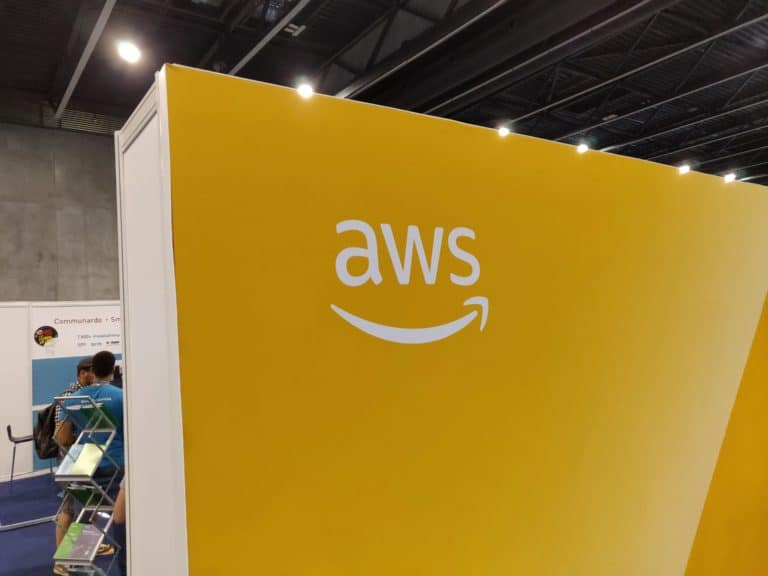Amazon Web Services is testing a new investment program specifically designed for risky start-ups. The program is called Amazon Web Services Pro-Rata and aims to link private investors to companies using AWS, as well as venture capital funds whose portfolio is full of potential cloud customers.
That’s what CNBC says in a detailed message. AWS has become the most profitable part of Amazon, offering a flexible IT infrastructure to businesses and governments of all shapes and sizes. Much of this growth comes from startups that rely on cloud and storage services, the flexibility of which is critical to growth. Amazon wants those startups to flourish, even though it does not invest anything itself via AWS Pro-Rata.
Connecting venture capitalists
The CNBC reports that it has seen an email about the AWS program to investors. This states that AWS Pro-Rata is intended to link venture capitalists to start-ups with specific investment opportunities of the AWS ecosystem. The programme will be led by Brad Holden, a former partner of TomorrowVentures (from former CEO Eric Schmidt from Google), and Jason Hunt. Both are part of the AWS business development team and focus on building relationships between customers.
At first glance, the Pro Rata programme seems to be mainly aimed at investors who are willing to gamble on risky startups. One of the participants in the program is Boom Technology, which wants to build supersonic aircraft that can fly twice as fast as the sound. Tickets for that cost as much as the standard businessclass tickets on a regular plane. Roman, manufacturer of health products for men and Freightwaves, which offers data and analytics for the transport market, are also taking part.
Amazon Web Services Pro-Rata is not the only service of the company that links investors to startups. The company also has AWS Activate that works with nearly 3,000 venture capitalists and other investors to promote the use of technology. Pro-Rate serves as a complement to this and should introduce more new startups.
This news article was automatically translated from Dutch to give Techzine.eu a head start. All news articles after September 1, 2019 are written in native English and NOT translated. All our background stories are written in native English as well. For more information read our launch article.